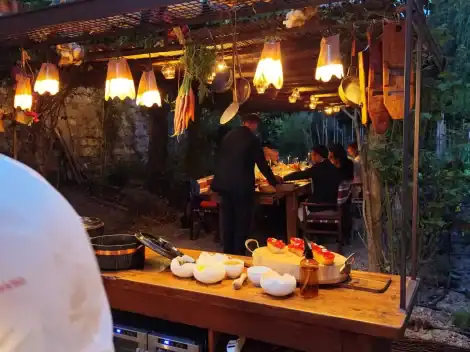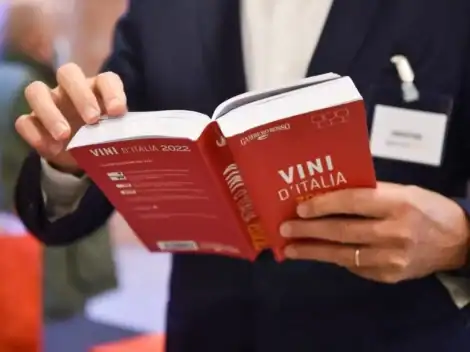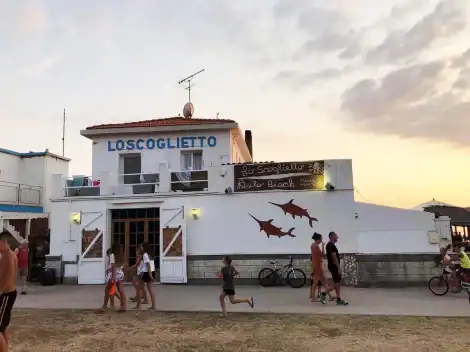Day of Restaurant Dining for the Culture of Italian Hospitality
The initiative conceived by Fipe-Confcommercio with the creative and artistic direction of R&P Creative Studi is called the Day of Restaurant Dining for the Culture of Italian Hospitality, to be held annually on the last Friday of April, this year at its first edition on the 28th of the month. An event spread out throughout Italy and beyond, with 85 local appointments - workshops, round tables, show cooking dedicated to the agri-food chain - organised by just as many local associations of the Fipe-Confcommercio system, and an institutional event hosted at the Ministry of Enterprise and Made in Italy. The event counts on an impressive participation, about 5,000 restaurants in Italy and 500 abroad, with all the acronyms and formations that draw the colourful landscape of restaurant dining and hospitality: fine dining restaurants, trattorias, pizzerias, taverns, wine bars, for once all under the same umbrella without any divisions. Venues that can be considered as "cultural agencies:" places of knowledge, but also education for coexistence, exchange and sharing. A role that has always pertained to conviviality in its most virtuous meaning. And to celebrate the value of hospitality and community, Day of Restaurant Dining is also an opportunity to enhance the soul of the places, and to show solidarity.
As a matter of fact, the event entails that participating restaurants offer a themed dish on the menu. For this first edition of the Day of Restaurant Dining, the chosen theme is bread, a symbol of conviviality that crosses borders and communities, developing a specific identity in the various places, as a synthesis of environmental, cultural and social factors. Thus, inevitably, the dish created itself becomes a tribute to the territory and its gastronomic culture. Along with this, for each meal sold on the Day of Restaurant Dining, Fipe will donate an economic contribution to Caritas, while Intesa Sanpaolo, another partner of the event, will contribute funds on the ForFunding crowdfunding platform and at Intesa Sanpaolo ATMs.
The values defended on which the initiative is based are summarised in four fundamental points.
The culture of hospitality: dining places have a fundamental social function, contributing to the vigilance and mending of the collective fabric
Tradition and innovation: the recovery and enhancement of agricultural cultures and popular rituals are combined with the ferment of modern influence
Quality and ethics: the will to be a real "agency" that supports the local economy and promotes its knowledge lies in the awareness of every entrepreneur
Environment: the environment is also defended at the table, with the quality of the food produced respectfully of soil and individuals who work it.
Davide Rampello (artistic director of D&P Creative Studio and signatory of the Charter of values of Italian restaurant dining) calls it "A great celebration of the people," a celebration that Lino Enrico Stoppani (President of Fipe Confcommercio, the Italian Federation of Public Restaurant businesses which is among the promoters of the event) defines "popular, inclusive, supportive, profoundly ethical" born with the aim "of inviting people to celebrate the sharing of a renewed feeling of community" and to favour a sector that employs more than one million people, increase its visibility and the reputation by public opinion, but also through media and institutions. Although chefs are the stars of the 2000s, the weight of the sector from a political point of view is still low, and the evidence of this can be perceived – Stoppani explains – in the lack of regulations that ensure correct access to the market, of taking charge of the risks associated with alcohol abuse, the fight against criminal infiltration, the difficulty of finding stable solutions to the endemic problems of the sector and all the related factors. In short, there is still a lot of work to be done to raise the image and position of our restaurant industry, which is too often reduced to an empty boasting factor not supported by adequate policies, resources, training and skills. And if on the one hand it is necessary to draw the attention of institutions, and push for careful actions, on the other there is a need – on the part of the hospitality world – to make a cultural leap, Stoppani adds, in the direction of greater social, environmental, and energy responsibility. Key challenges of today's world (the same ones also referred to by the PNRR), which the sector cannot escape, causing marginalisation in the businesses and work scene, in a world that the last three years has made increasingly complicated, with the pandemic first, and then with energy prices and inflation.
"The sector," continues Stoppani "suffers from two historical problems: one is attraction (with chronic lack of personnel), the other is productivity," for which it is essential to intercept new trends, changes in consumption habits, but also to make companies more efficient But in all of this: how is dining doing in Italy now?
The Fipe 2023 Dining Annual Report
Like every year, Fipe-Confcommercio takes stock of the past 12 months, to outline critical issues and prospects for the sector. This year, for the first time in several seasons, it looks like the worst is behind us: "the pandemic haemorrhage in terms of consumption and employment looks definitely over" and even if we have not yet returned to pre-Covid levels, that reality is not that far off. Out-of-home spending reached 82 billion euros in 2022 (as opposed to the 85 billion in 2019) also thanks to the return of foreign tourists. Good news also for employment: the more than 165,000 companies with at least one employee employed 987,000 persons in the past year, only 3,700 less than in 2019. A figure with some shadows however, regarding the number of permanent contracts and employment of young people and women, who are confirmed as the weak links in this corporate chain (while in business management these are respectively at 28.2% and 12.3%). There are 350,000 self-employed workers (partners, owners, etc.). Still too few, compared to 2019.
However, the balance between new openings and closures is still heavily negative: 9,526 the former and 20,139 the latter, thanks to the legacy of the pandemic's long tail, but also of expensive energy and the soaring prices of ingredients. Costs that – in most cases – have not been filtered down to the consumer. Restaurants, therefore, did not raise their prices hand in hand with inflation (5%, compared to a general increase of 8.1%), absorbing increases; whether it is for fear of becoming less attractive to their customers or for lack of awareness of their own value, remains to be verified, suggests Luciano Sbraga, Director of Studi Fipe Confcommercio, who presented the Report. What is certain is that this misalignment risks generating a short circuit that will weigh on businesses already fatigued by precarious economic balance, as well as an endemic difficulty in managing employees and working hours. For this reason, service models must be redesigned by doing the maths and evaluations very carefully. Sbragia provides an example: a bar that's open 14 hours a day, 7 days a week. If working hours were reduced by one hour and one day of rest was taken per week, would translate in one less employee needed, equivalent to about 90,000 euros in revenue in 45 days. "If, on balance, that figure is not reached, there is no point in staying open." As a matter of fact, in recent years, many establishments changed their opening hours, for example by giving up the continuous opening hours or staying open for business at lunch time, when there is less demand (together with breakfast, lunch is still suffering in the face of the aperitif and dinner resumption). Of course that means one less service, which however allows businesses to balance income and expenses, as well as balancing work and personal time. "In France they have been doing it for years" comments Davide Oldani, speaking on video as President of Le Soste, "they do 6 or 7 services a week, which is equivalent to 4 and a half days, or at most 5 days of work." And he launches a proposal: "tax relief, an advantage to be used to employ other people in one's business, so as to guarantee doable and fair hours and go back to being attractive" and thus resolve personnel shortages. He explains that he has 25% more employees in his D'O, to ensure fair working hours. Also because, with two services a day, the working times expand dramatically. Unless you carefully manage the presence of customers (at Reale, for example, dinner times are brought forward so as to finish the service within a certain hour). The solution is not simple, but it is increasingly essential.
by Antonella De Santis

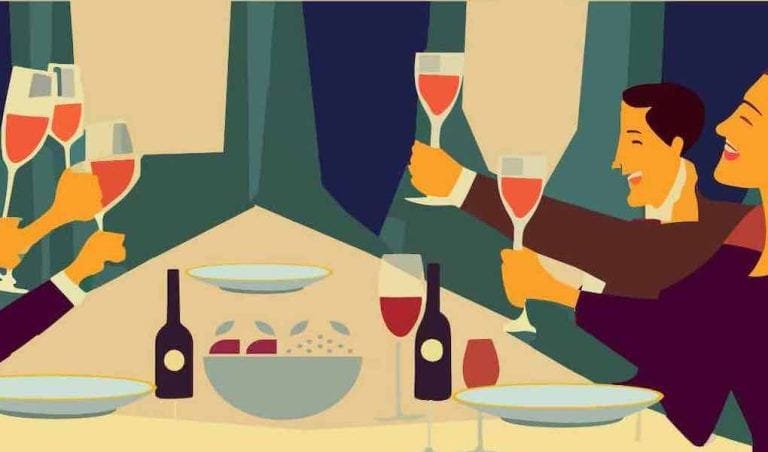
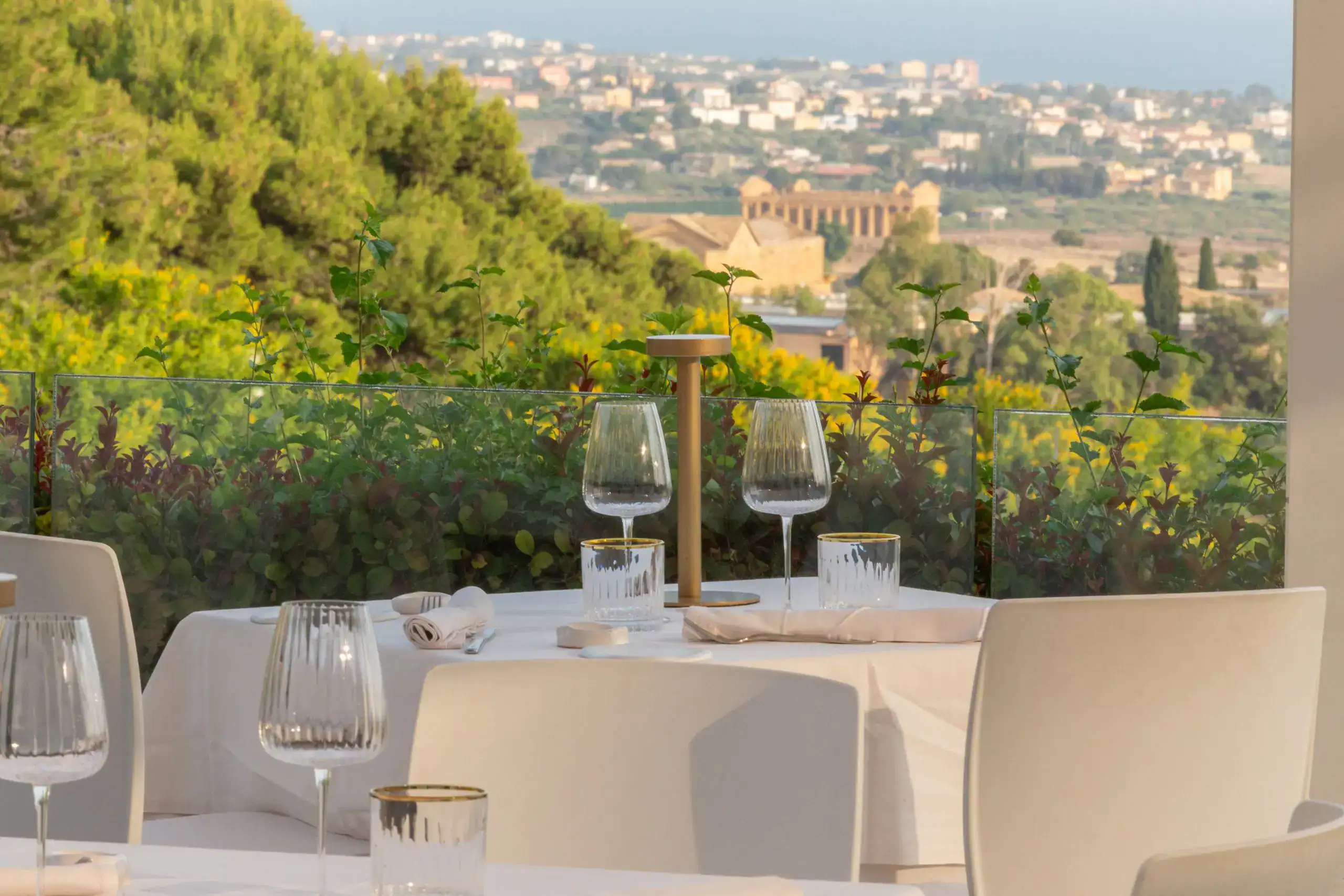 The best restaurants in Agrigento to discover the new Sicilian cuisine
The best restaurants in Agrigento to discover the new Sicilian cuisine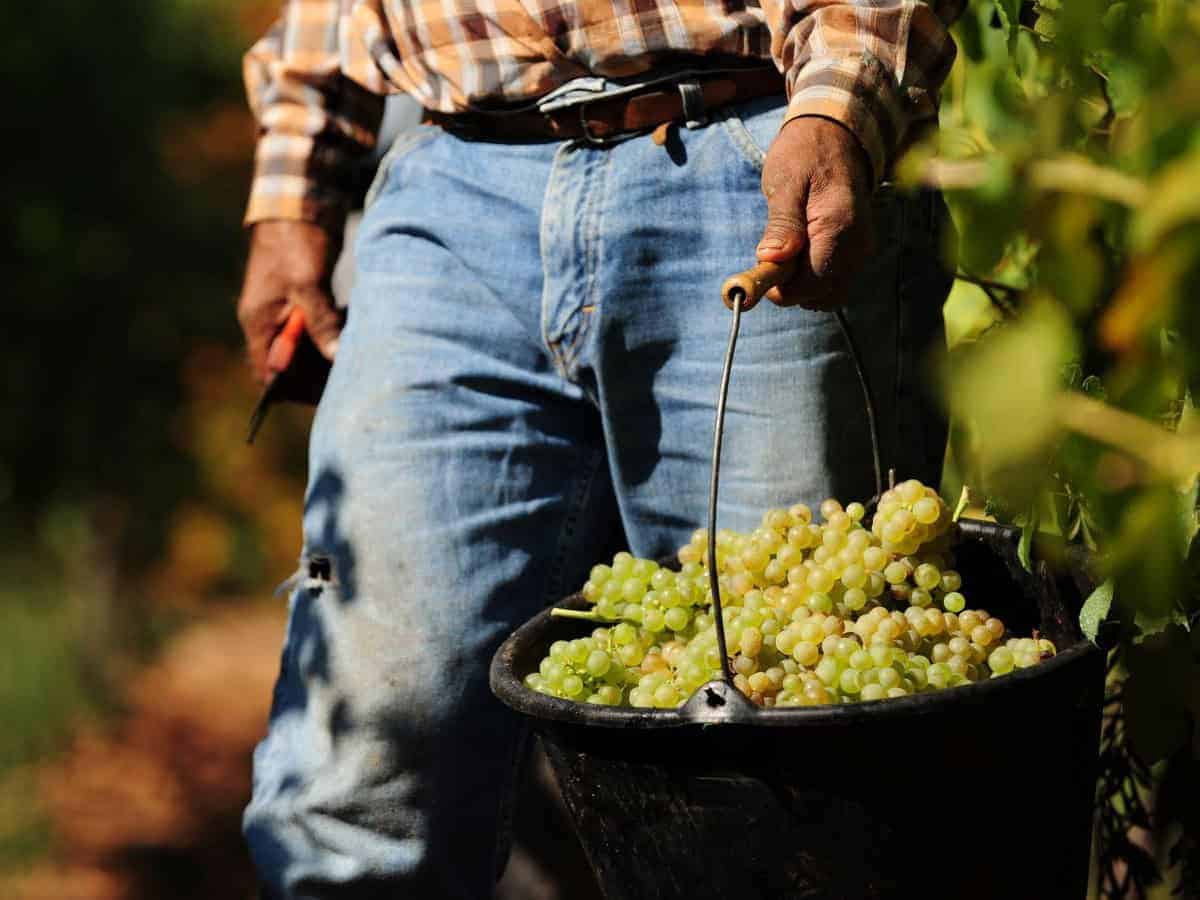 Italy’s 2024 wine production is higher than expected: nearly 44 million hectolitres. But there’s no reason to celebrate
Italy’s 2024 wine production is higher than expected: nearly 44 million hectolitres. But there’s no reason to celebrate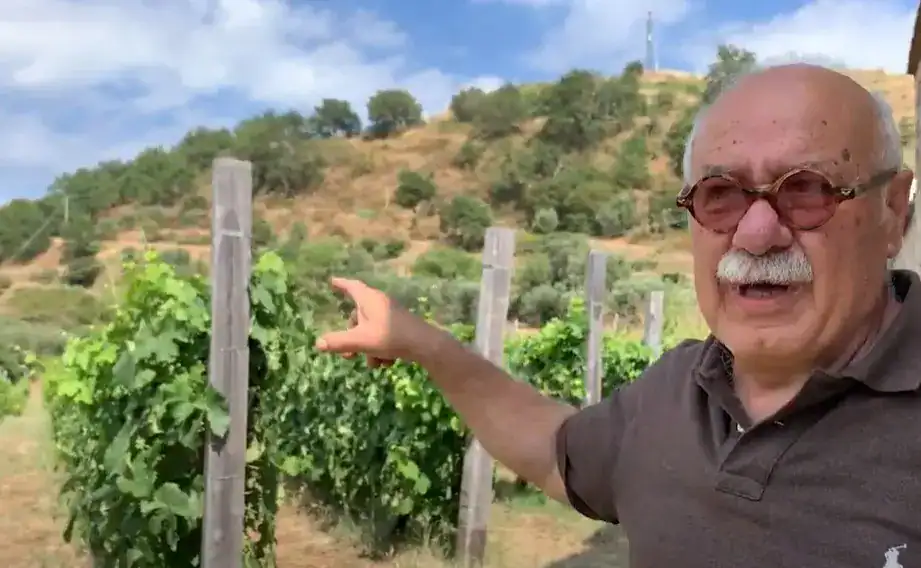 The two Calabrian brothers making wine like the ancient Grecanic peasants
The two Calabrian brothers making wine like the ancient Grecanic peasants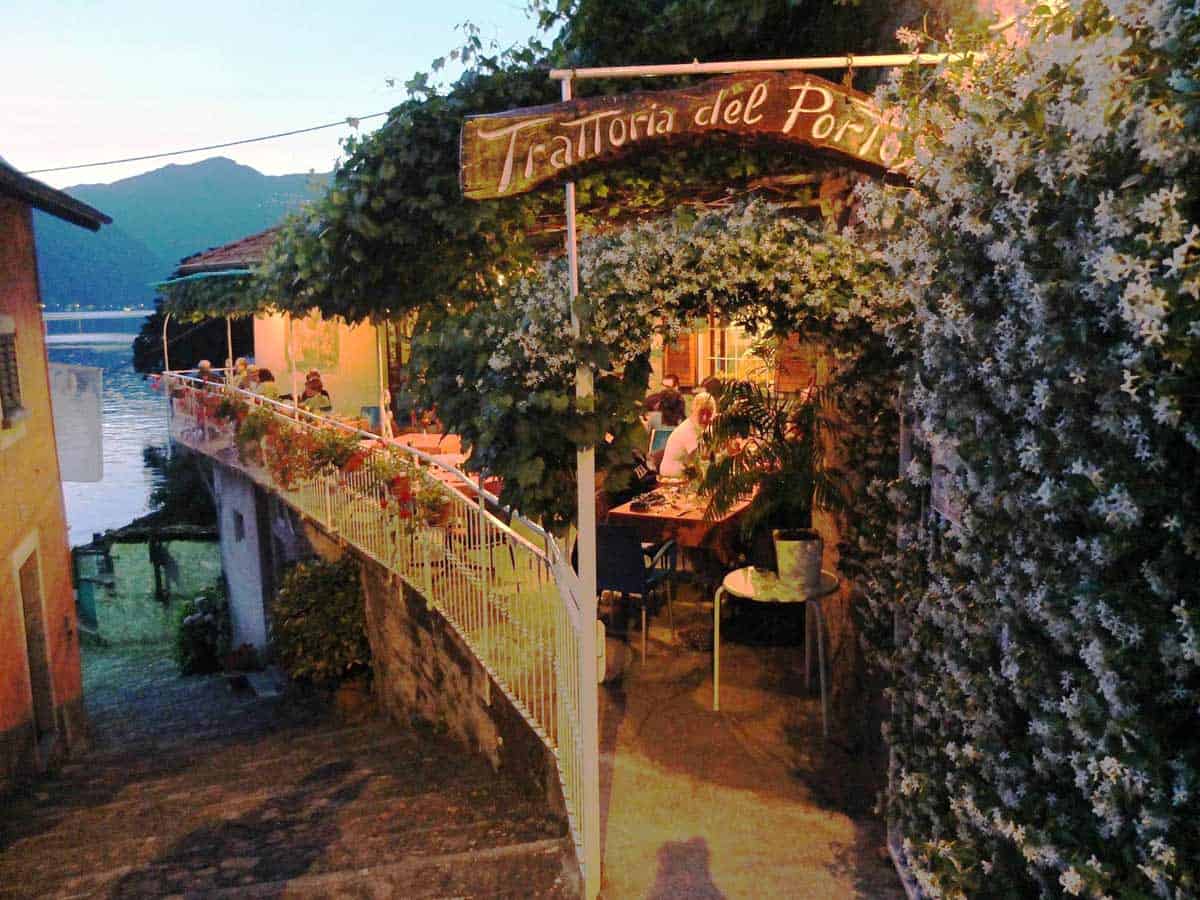 Three days at Lake Como in 17 destinations: Trattorias, Osterias and Fine Dining
Three days at Lake Como in 17 destinations: Trattorias, Osterias and Fine Dining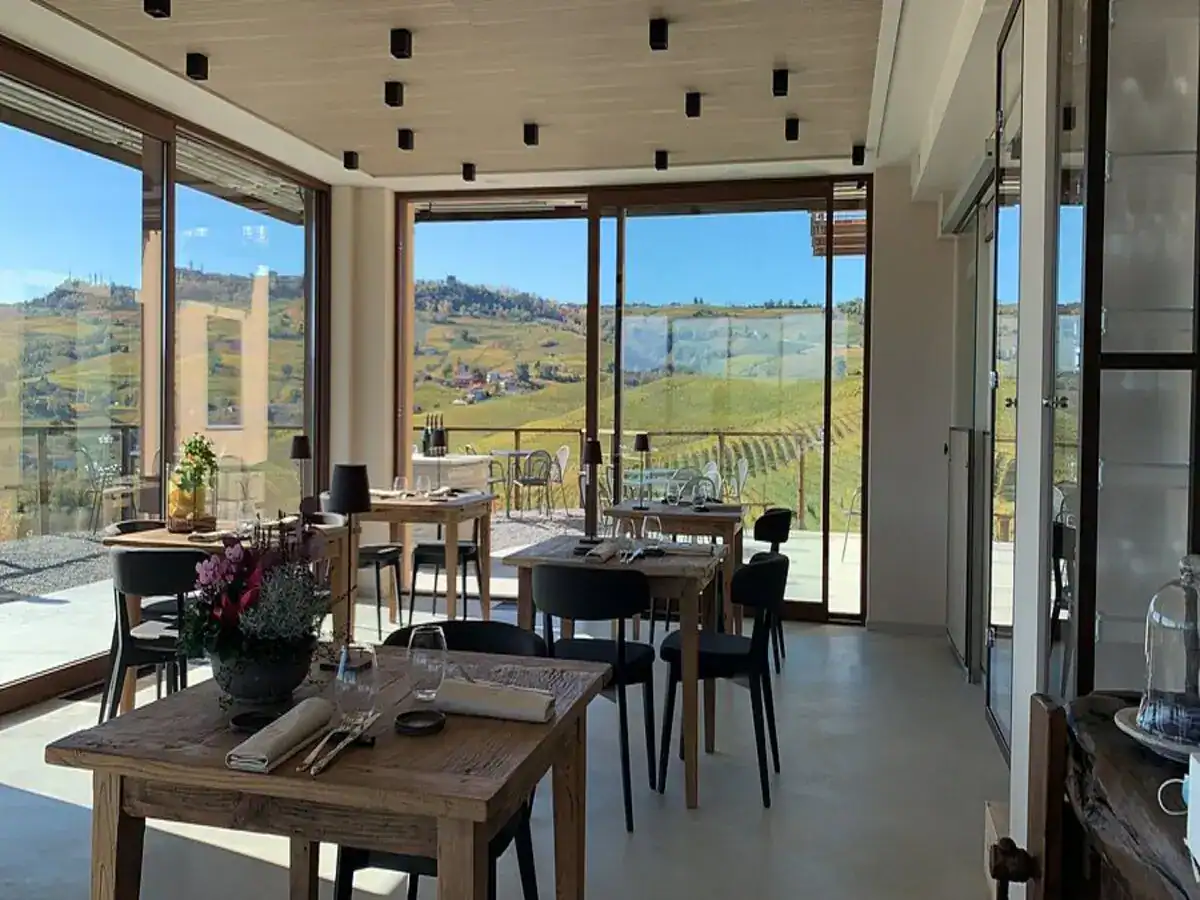 Piedmontese classics and raw seafood. The unexpected restaurant with a pool in the Langhe
Piedmontese classics and raw seafood. The unexpected restaurant with a pool in the Langhe
